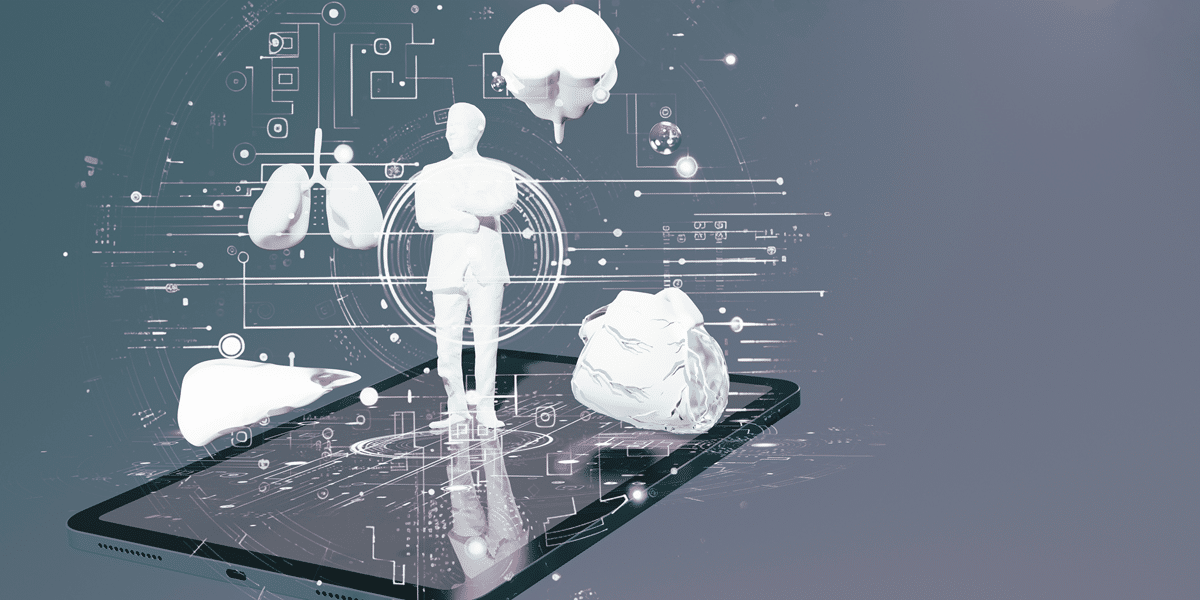Image commercially licensed from: Unsplash
Artificial Intelligence and machine learning are expected to continue to shape the healthcare industry in a variety of ways, including predictive modeling, diagnoses, patient experience, and drug discovery. This is especially crucial as the aging US population and a projected shortage of doctors are putting immense pressure on the healthcare system.
With 10,000 Baby Boomers reaching 65 years old daily, it is estimated that there will be 95 million seniors in the US by 2060, nearly double the number in 2018. This, coupled with the projected shortage of up to 104,900 doctors by 2030, highlights the increasing need for time-saving and life-saving technology.
The COVID-19 pandemic has accelerated digital transformation in the healthcare sector, with 81% of healthcare leaders surveyed believing that their organization’s transformation has been hastened, according to the Accenture Digital Health Technology Vision 2021 report.
Joel Landau, founder of The Allure Group, a New York City-based network of nursing homes, is committed to the digital evolution of healthcare. Allure has already implemented technologies such as hand-held remote monitors and a modern robotics suite to improve patient care.
Despite some concerns about AI in healthcare, Landau believes that there are several areas where AI is making a significant impact:
Drug Discovery
AI can use genome sequencing information to identify potential compounds that can be used to develop vaccines. Exscientia, a UK-based pharmaceutical company, used AI to develop a COVID-19 vaccine and entered into a one-year agreement with the Bill and Melinda Gates Foundation.
Predictive Modeling
AI can analyze data from various sources and develop models to predict the best possible approach to a patient’s care, streamlining operations and ensuring positive outcomes. IBM researchers partnered with healthcare systems to use AI to predict heart failure up to two years earlier than previous methods.
Patient Experience
AI is simplifying EHR data entry and retrieval and enhancing telemedicine. Amazon plans to install Alexa technology in healthcare facilities throughout the US, and it is expected that 45% of operating rooms will have AI integration by 2022. Wearables and wellness apps allow users to track health metrics and alert others in case of falls, and acoustic epidemiology is being developed to determine the severity of a patient’s illness by analyzing a cough sound.
While AI holds great promise in the healthcare sector, there are also concerns about privacy and security. AI is not a perfect solution and may not provide all the answers, but the potential benefits of AI in healthcare appear to be limitless.












